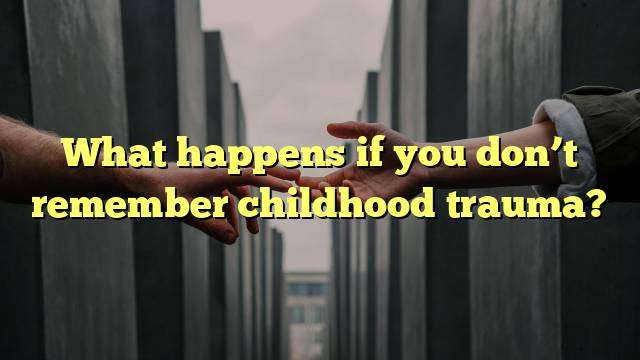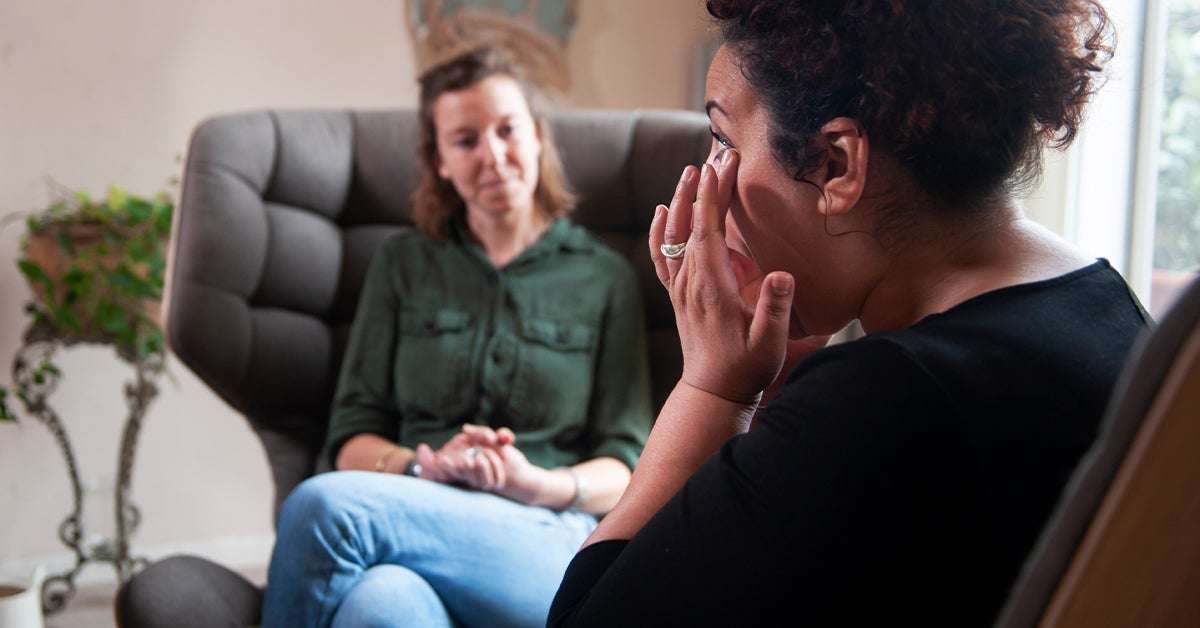What is Traumatic Dissociative Amnesia?
Traumatic dissociative amnesia is a type of memory loss experienced by people who have experienced traumatic events. It is a type of dissociative disorder, which is characterized by disruptions in an individual’s sense of self, identity, and memory. In people who experience traumatic dissociative amnesia, memories of the trauma are blocked from the person’s conscious mind. This type of amnesia is often associated with childhood trauma, such as physical, sexual, or emotional abuse, or neglect.
What are the Symptoms of Traumatic Dissociative Amnesia?
The symptoms of traumatic dissociative amnesia can vary from person to person, but generally, the individual will be unable to remember certain events that occurred before, during, or after the trauma. People who experience this type of amnesia may also have difficulty remembering details of the traumatic event, or they may have difficulty recalling certain aspects of their life prior to the trauma. Additionally, they may experience a sense of detachment or numbness, and they may have difficulty concentrating or sleeping.
How Does Traumatic Dissociative Amnesia Affect an Individual?
Traumatic dissociative amnesia can have a profound effect on an individual’s life. Not only can it make it difficult for a person to remember certain aspects of their past, but it can also cause them to feel disconnected from their current reality. This can lead to feelings of confusion and isolation, and can make it difficult for them to form meaningful connections with others. Additionally, the inability to remember important aspects of the trauma can lead to feelings of guilt and shame, as the individual may feel as if they are not able to properly process the event.
How is Traumatic Dissociative Amnesia Treated?
Treatment for traumatic dissociative amnesia typically involves a combination of psychotherapy and medications. In psychotherapy, the individual works with a mental health professional to process the traumatic event and to develop coping skills. Additionally, medications may be prescribed to help manage the symptoms of post-traumatic stress disorder, anxiety, and depression that can accompany traumatic dissociative amnesia. It is important to work with a mental health professional to determine the best course of treatment for each individual.
How Can People Cope with Traumatic Dissociative Amnesia?
People with traumatic dissociative amnesia can take steps to cope with their condition. It is important to remember that everyone’s experience is different, and what works for one individual may not work for another. Some tips for coping with traumatic dissociative amnesia include:
- Seeking professional help from a mental health professional.
- Engaging in activities that help to relax and reduce stress.
- Creating a supportive network of family and friends.
- Practicing mindfulness and self-care.
- Talking to a trusted friend or counselor about the trauma.
- Journaling to help process the trauma and its effects.
- Seeking out support groups and other resources.
Traumatic dissociative amnesia can be a difficult condition to manage, but with the right treatment and support, individuals can work towards healing and recovery. It is important to remember that everyone’s experience is unique, and treatment should be tailored to the individual’s needs. With the right help and support, individuals can learn to cope with the effects of traumatic dissociative amnesia and move forward in their lives.



